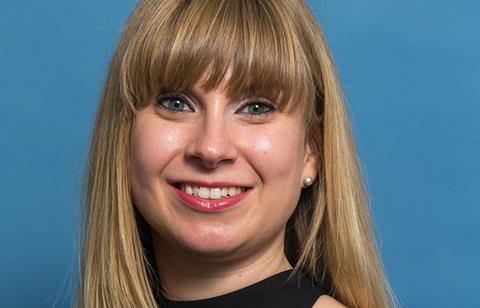
By now, many of us will have seen the brilliant video by CoorDown, aimed at challenging assumptions around what is possible. If you haven’t, I highly recommend seeking it out. In a nutshell, it features a young woman with Downs Syndrome highlighting the assumptions that are so often made about what individuals with the condition are not able to do, such as living away from home, drinking alcohol and being able to work. Its over-riding message is that unless assumptions change to believe that someone can do all of these things, then the opposite will become their reality.
Its message is particularly pertinent this week, which saw World Downs Syndrome Day (Thursday 21 March) and Neurodiversity Celebration Week (18-24 March) take place. As CoorDown’s video highlights, all too often assumptions are made about what people with such conditions are capable of, particularly when it comes to the world of work.
According to the Chartered Institute of Personnel and Development’s (CIPD) Neuroinclusion at work research, published in February this year, just under a third (31%) of the 790 neurodivergent employees surveyed had not told their line manager or HR about their neurodivergence. Of this group, 37% said this was due to concerns about people making assumptions about them based on stereotypes. A further 34% said they feel there is too much stigma around neurodiversity, 29% were concerned about the possible impact on their career and 18% said they did not think their organisation would be understanding or offer support.
But why should individuals have to, or be made to feel that they should, hide an integral element of themselves? And what happens if they have physically identifying characteristics that means they are unable to do so? Why should an assumption be made about an individual’s capabilities based purely on a ‘label’ that has been placed on them?
It feels like a sad state of affairs when someone believes that they have to hide who they really are for fear of potential reprisals. In a world in which many are actively striving for better diversity and inclusion within workplaces, shouldn’t people simply be celebrated for what they can bring to the table and, ultimately, their achievements? Turning commonly held assumptions on their head could open up a whole new world of talent.
Debbie Lovewell-TuckEditorTweet: @DebbieLovewell
















